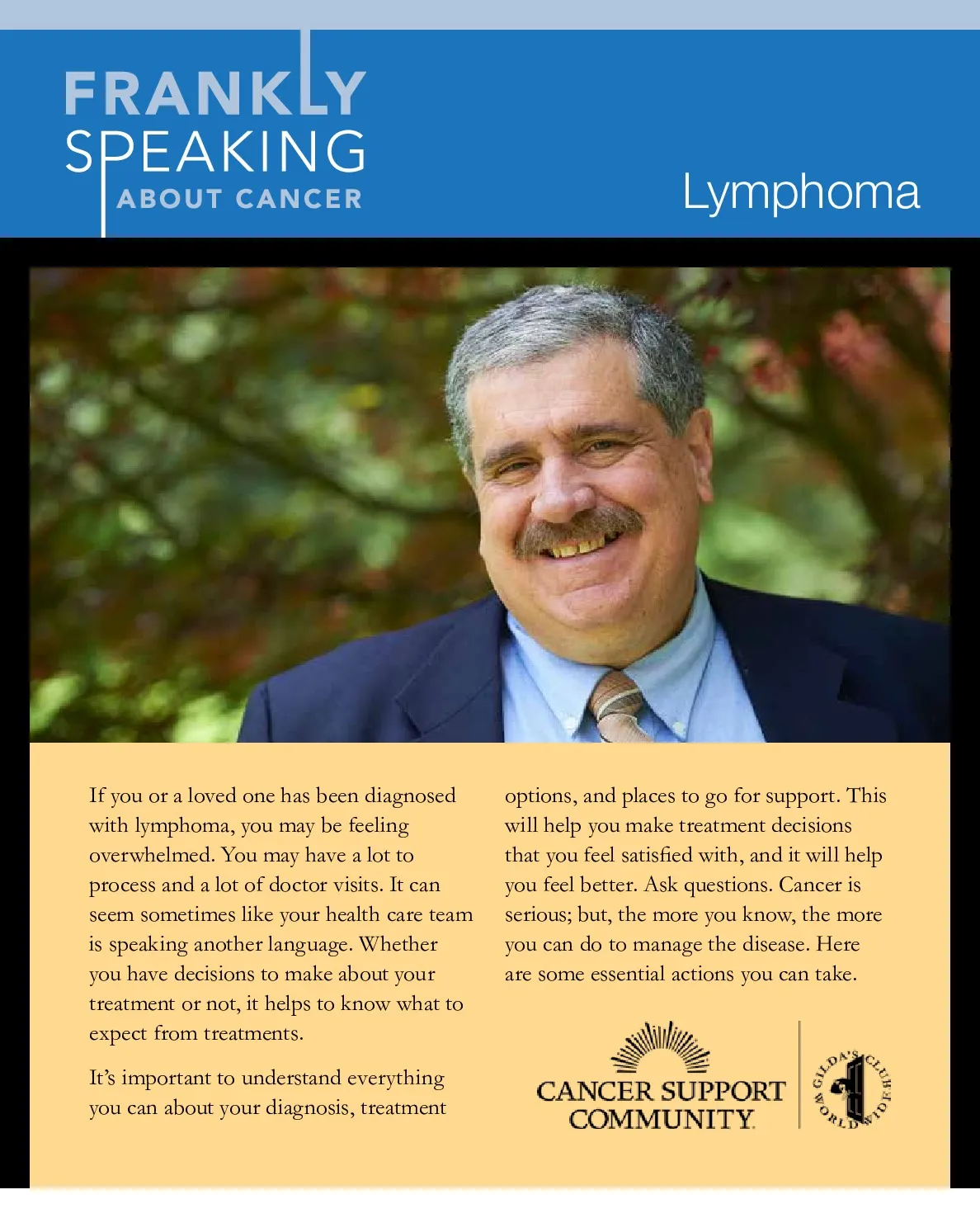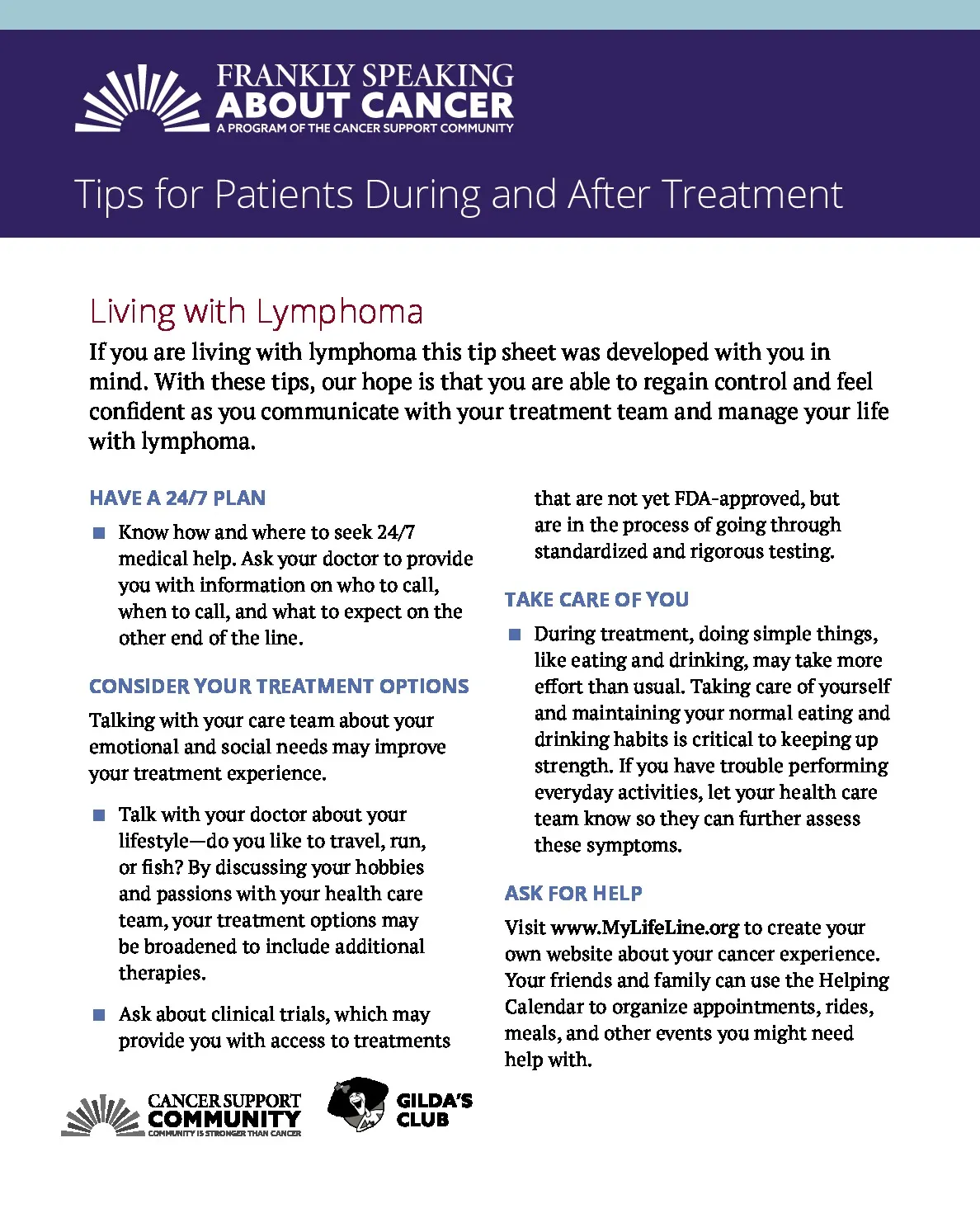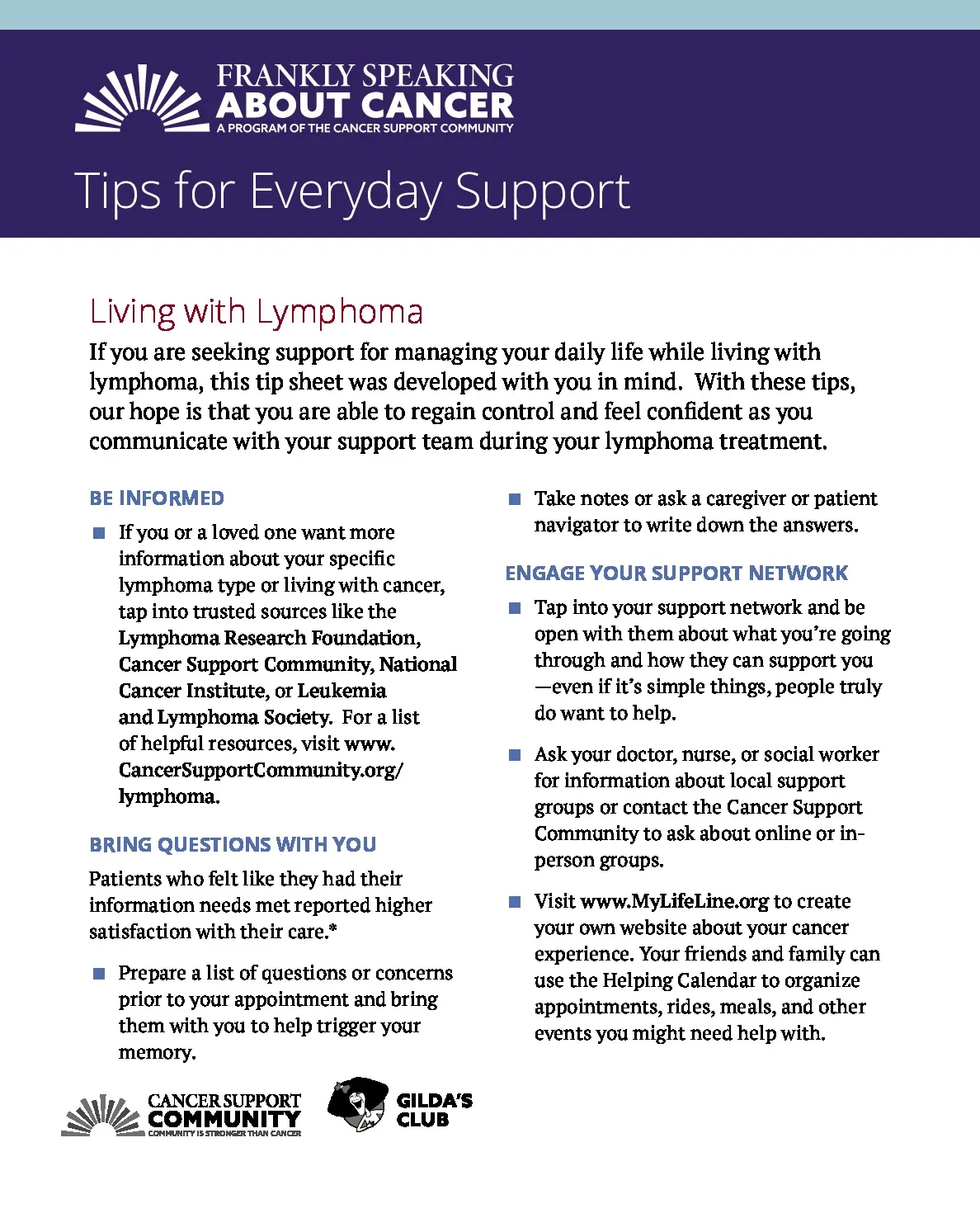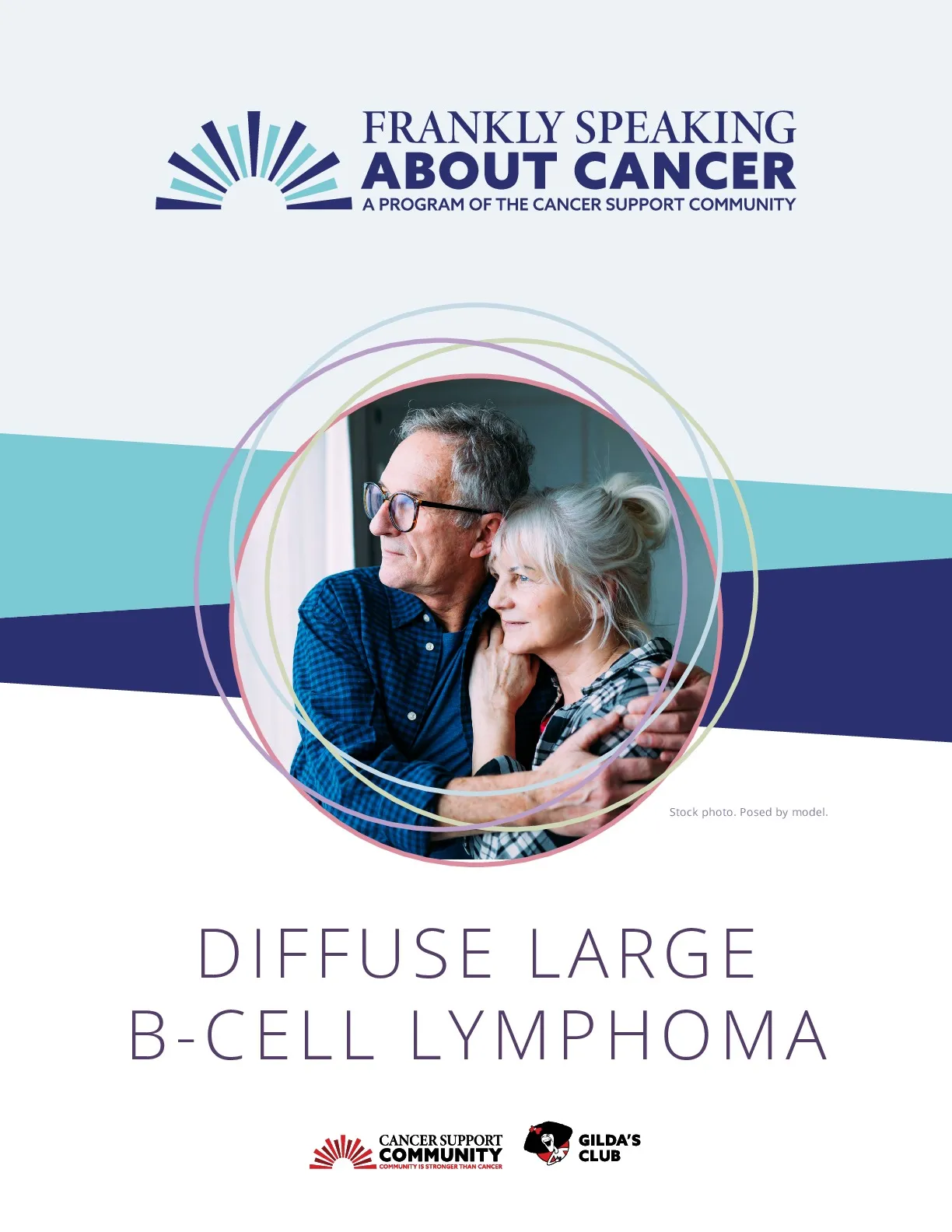Hodgkin Lymphoma
Table of Contents
Hodgkin lymphoma (HL) is a blood cancer that begins in a specific type of white blood cells (lymphocytes), which are part of the immune system. HL occurs when a healthy white blood cell becomes abnormal, dividing and making copies of itself in the body. In the United States, each year approximately 9,000 people are diagnosed with Hodgkin lymphoma and, of these, 4,000 are children, teenagers and young adults.
There are two main types of Hodgkin lymphoma (HL):
Classical Hodgkin Lymphoma (CHL) is the most common type of HL. Classical Hodgkin lymphoma accounts for about 95 percent of HL cases. CHL is marked by an abnormal B-cell called the Reed-Sternberg cell. CHL includes four subtypes:
- Nodular Sclerosis Hodgkin lymphoma
- Lymphocyte Rich Classical Hodgkin lymphoma
- Mixed Cellularity Hodgkin lymphoma
- Lymphocyte Depleted Hodgkin lymphoma
Nodular Lymphocyte Predominant Hodgkin Lymphoma accounts for about 5 percent of HL cases. It is marked by abnormal B-cells, and is more common in older people. Very few of these B-cells are Reed-Sternberg cells.
Risk Factors, Signs and Symptoms
Risk Factors
The following risk factors have been associated with HL:
- Epstein-Barr Virus (EBV) - Individuals with a history of infection caused by EBV have an increased risk of HL. EBV causes infections such as mononucleosis (mono). The risk of developing HL is small, and the exact role of EBV in the development of HL is not clear.
- Age - People of any age can be diagnosed with HL, but it most commonly occurs in early adulthood (aged 15-40) and in late adulthood (55-65).
- Gender - HL occurs more frequently in men than women.
- Geography - Diagnosis of HL is more common in North America and northern European countries. It is least common in Asian countries.
- Family History - Siblings of younger individuals diagnosed with HL, as well as identical twins are at higher risk of developing HL.
- HIV Infection - Risk of Hodgkin lymphoma is increased in people with the human immunodeficiency virus (HIV), the virus that causes AIDS.
Signs and Symptoms
Some people with Hodgkin lymphoma (HL) may not experience any signs and symptoms of the disease. Those who do often exhibit these initial signs and symptoms:
- Fatigue and Loss of Appetite - Sometimes the only signs of the disease are constant and consistent tiredness and not feeling hungry.
- Fever (often accompanied by chills) - A high temperature that may (or may not) exhibit over the course of several days or weeks.
- Lumps - Painless lumps or swollen lymph nodes in the neck, underarm or groin area, which may become painful after consuming alcohol.
- Night Sweats and Weight Loss - Waking up drenched in sweat and losing weight without dieting or trying to lose weight.
- Itchiness
Diagnosis
In order to make an accurate diagnosis, your doctor will perform a physical exam, and may order blood tests, biopsies, and imaging tests to confirm the exact type and stage of your disease. Two kinds of biopsies are used to diagnose HL:
- Lymph Node Biopsy - Your doctor will remove a piece of the lymph node and examine it under a microscope. This is the only way to know if the swelling is caused by the cancer.
- Bone Marrow Biopsy - Your doctor will insert a needle into your hipbone to check to see if lymphoma cells have travelled and are present in your bone marrow.
If a biopsy confirms an HL diagnosis, then your doctor may recommend additional tests to find out how far the disease has spread. These other tests could include chest x-ray, CT scan, MRI, PET scan and blood tests.
Treatment
Your doctor will recommend treatment options based on the stage of your disease, your overall health and your preferences about treatment. In all cases, treatment should be individualized for you.
Creating a treatment plan is a way to deal with both the short and long-term goals of managing your cancer. It can be helpful to seek a second opinion and to talk through your options with your doctors in order to develop a treatment plan that best fits your needs.
Good communication with your health care team is very important. When you talk with your doctors, ask questions if you do not understand any aspect of treatment or the medical terms they are using. One of the best ways to improve communication is to prepare questions before your visits. It is also helpful to write down what your doctor is saying so you can remember what was said. You may want to bring a friend or family member to take notes for you.
Questions to Ask Your Doctor
- What type and subtype of HL do I have?
- What is stage is my HL?
- What type of treatment do you recommend at this time?
- How often and where will the treatment take place? Will I have to stay overnight in the hospital for any part of the treatment?
- What are the goals of my treatment?
- What are the side effects of treatment?
- Will I need someone to take care of me at any point during this treatment?
- What clinical trials are available?
- How will my cancer affect my quality of life?
- What will my treatment cost and how much will my insurance cover?
CAR T Cell Therapy Quick Guide
Welcome to this short guide on CAR T Cell Therapy. It will explain what CAR T cell therapy is and which types of patients it might help. CAR T cell therapy is one type of immunotherapy. Immunotherapies use your body’s immune system to identify,…
Frankly Speaking About Cancer Library
LibraryWould you like a print copy of these educational materials?
We can mail our Frankly Speaking About Cancer pieces to you. Shipping is free for up to 20 pounds.



